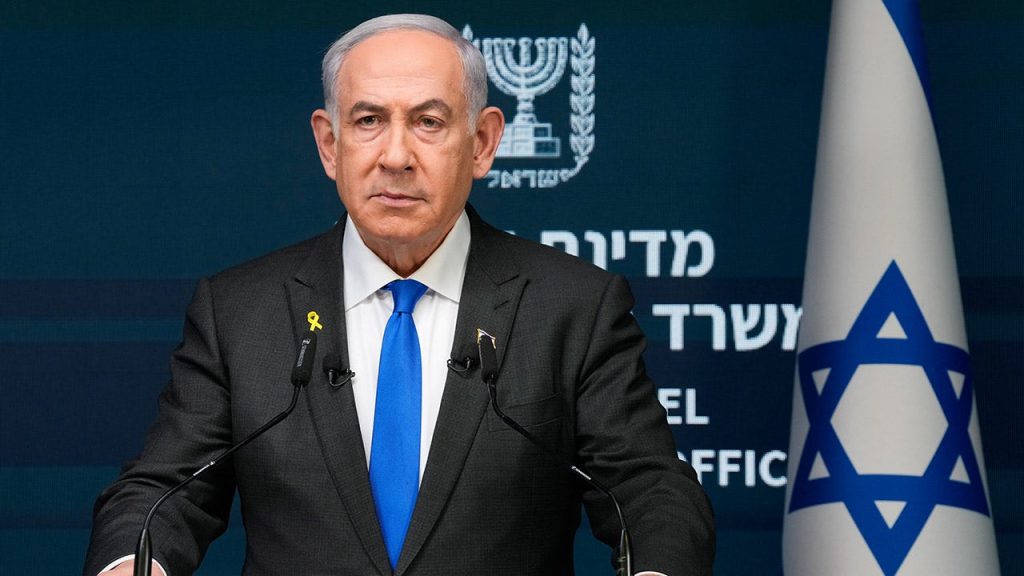Israeli Prime Minister Benjamin Netanyahu confirmed the deaths of both former Hezbollah leader Sayyed Hassan Nasrallah and his intended replacement, Hashem Safieddine, in a recent military operation. Netanyahu emphasized that Hezbollah is now weaker than it has been in years, attributing this to degraded capabilities and the elimination of thousands of terrorists. He warned the people of Lebanon that the Iran-backed group has turned their country into a stockpile of ammunition and weapons, serving as a pseudo Iranian military base on Israel’s border. Netanyahu urged the Lebanese people to take back their country and free themselves from Hezbollah’s control to return to a path of peace and prosperity.
The announcement of Safieddine’s death came as Israeli forces expanded their incursion into Lebanon, targeting Hezbollah strongholds, weapons depots, and tunnel routes near the border. The IDF has carried out a limited, localized, and targeted operation in Lebanon, aiming to dismantle Hezbollah’s capabilities and prevent further attacks on Israel. Concerns are rising as Israeli forces continue to hit targets in Lebanon, with fears of a similar level of destruction seen in Gaza. Beirut, the capital of Lebanon, has seen an increase in internally displaced people following the escalation of the conflict, pushing the city to its limits in terms of safety and tolerance.
The ongoing conflict between Israel and Hezbollah has resulted in the displacement of roughly 1.2 million people in Lebanon, with over 400,000 fleeing to neighboring Syria. The Lebanese Health Ministry reports that around 1,400 people have been killed in the conflict, with many combatants believed to have been targeted by Israel. Additionally, approximately 70,000 Israelis have been forced to evacuate their northern communities due to the escalating violence. The situation has led to a humanitarian crisis in the region, with urgent calls for a cease-fire to be reached between Hezbollah and Israel.
Netanyahu did not specify what it would take to stop Israeli strikes on Hezbollah in Lebanon, but there are indications that a cease-fire may be possible without the inclusion of Gaza in the negotiations. The goal is to weaken Hezbollah’s capabilities and prevent further attacks on Israel from densely populated areas in Lebanon. The Israeli military operation in Lebanon has targeted key Hezbollah figures and strongholds, with the aim of degrading the group’s ability to launch attacks across the border. Meanwhile, concerns over the safety and security of Beirut continue to mount as the conflict shows no signs of abating.
The death of Hashem Safieddine, who was likely to be Hezbollah’s next leader, underscores Israel’s commitment to dismantling the group’s leadership and infrastructure. Safieddine’s close ties to Iran and his involvement in recent attacks against Israel made him a top target for Israeli forces. The IDF’s operation in Lebanon has focused on eliminating terrorists and disrupting Hezbollah’s activities along the border. As the conflict intensifies, there is growing pressure on both sides to seek a peaceful resolution to prevent further loss of life and displacement of civilians in the region.















